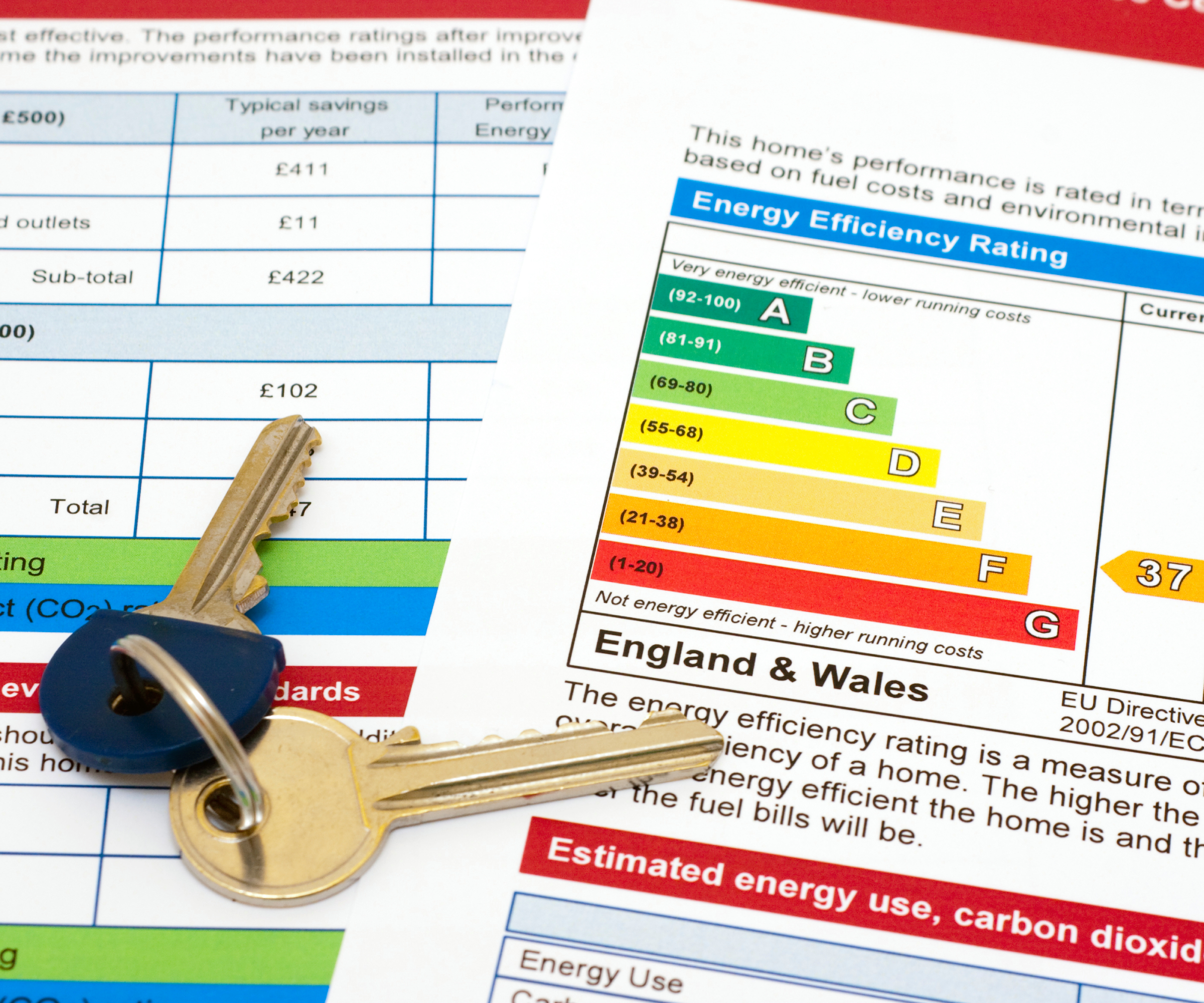Scotland changes its EPC requirements, so how much does it now differ from the rest of the UK?
From Oct 2026, Scottish homes get new EPC ratings, improved reports, and digital tools to help owners cut energy bills and boost efficiency

Scotland is updating the rules for Energy Performance Certificates (EPCs), which show how energy-efficient buildings are.
The new regulations will come into force on 31 October 2026 and introduce redesigned certificates, new ratings, and improved digital systems.
These changes aim to help homeowners, tenants, and landlords make informed decisions while reducing energy use and emissions.
What’s changing with EPCs in Scotland?
Scotland is overhauling how Energy Performance Certificates (EPCs) work. The new Energy Performance of Buildings (Scotland) Regulations 2025 were laid before the Scottish Parliament on 10 October 2025.
EPCs are already used to show a home’s energy efficiency and carbon emissions when it’s for sale, rent, or newly built. The reform will introduce:
- New ratings for energy efficiency and heat retention.
- Redesigned EPCs and Property Reports with clearer guidance for homeowners and tenants.
- Improvements in the digital infrastructure, including a new cloud-based EPC Register.
The goal? Make EPCs more accurate, user-friendly, and useful for lowering energy costs and emissions.
How Scotland’s EPCs will differ from the rest of the UK

While EPCs exist across the UK, Scotland is taking a slightly different path:
Bring your dream home to life with expert advice, how to guides and design inspiration. Sign up for our newsletter and get two free tickets to a Homebuilding & Renovating Show near you.
- Heat Retention Rating: A new metric for homes, replacing or enhancing some older energy ratings.
- Calculation methods: Scotland is using new models (the Home Energy Model for domestic buildings and the Simplified Building Energy Model for non-domestic buildings) that differ from current UK methods.
- Property Reports: More detailed advice for homeowners on potential improvements, like insulation or heating upgrades.
- Digital Register: Scotland is creating its own system for issuing and storing EPCs, while the UK will continue with its own system.
The Scottish Government is still aiming for some alignment with the UK timetable to keep the EPC assessor market working smoothly across borders.
Preparing for the changes
The Scottish Government is aiming to give enough time for homeowners to adjust to the changing EPC requirements. Between now and October 2026, the Scottish government say they will:
- Share full calculation methods and Property Reports.
- Conduct final user testing to make EPCs easy to understand.
- Launch a communications campaign for homeowners, landlords, agents, and assessors.
- Approve and appoint Accredited Organisations to run EPC schemes under the new rules.
This phased approach ensures the market is ready for the new standards without disruption.
Looking ahead
These reforms are part of Scotland’s wider push for energy efficiency and lower carbon emissions.
Optional steps, like the Heat & Energy Efficiency Technical Suitability Assessment (HEETSA), may provide even more tailored advice for tricky-to-decarbonise buildings, like old tenements.
For homeowners, tenants, and landlords, the changes mean:
- Better guidance on improving energy efficiency.
- Potentially lower energy bills.
- Clearer, easier-to-understand EPCs that reflect modern standards.
Scotland is aiming to take the lead in updating EPCs while still keeping some compatibility with the rest of the UK, aiming for a smoother energy-efficient future.

News Editor Joseph has previously written for Today’s Media and Chambers & Partners, focusing on news for conveyancers and industry professionals. Joseph has just started his own self build project, building his own home on his family’s farm with planning permission for a timber frame, three-bedroom house in a one-acre field. The foundation work has already begun and he hopes to have the home built in the next year. Prior to this he renovated his family's home as well as doing several DIY projects, including installing a shower, building sheds, and livestock fences and shelters for the farm’s animals. Outside of homebuilding, Joseph loves rugby and has written for Rugby World, the world’s largest rugby magazine.
